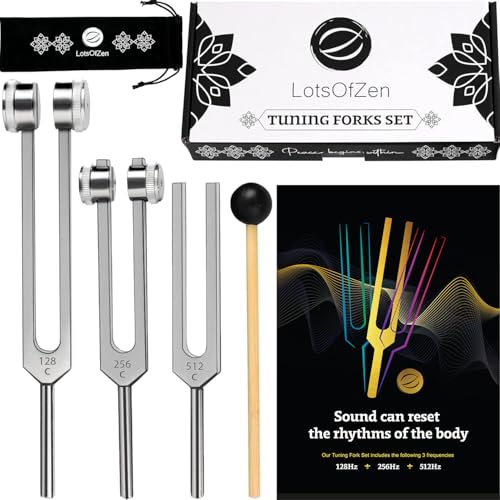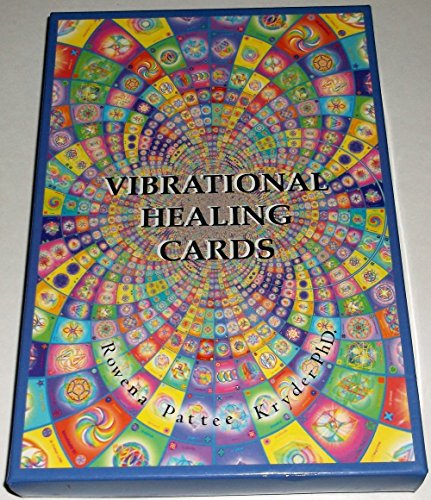While some believe that specific music frequencies can promote healing, scientific evidence supporting these claims is limited. Sound therapy and vibrational medicine often rely on anecdotal reports or placebo effects, lacking rigorous proof. However, listening to calming music can reduce stress and improve well-being. To truly understand what works and what’s myth, exploring the current research will help you distinguish fact from fiction and make informed choices.
Key Takeaways
- Scientific evidence for specific frequencies in music directly causing healing effects is limited and often anecdotal.
- Many claims about “healing frequencies” lack rigorous peer-reviewed research to support their efficacy.
- Sound therapy can promote relaxation and reduce stress, but these benefits are largely attributed to placebo effects and environment.
- Vibrational medicine suggests cellular vibrations influence health, yet its scientific validation remains inconclusive.
- Approaching music-based healing as a complementary tool, while relying on evidence-based treatments, ensures safer and more effective care.

Have you ever wondered how music can impact your well-being beyond simple enjoyment? It’s a fascinating question, especially as growing interest surrounds sound therapy and vibrational medicine. These practices suggest that specific sounds or frequencies can influence your body’s energy and health. Sound therapy, for example, uses carefully chosen sounds to promote relaxation, reduce stress, and even aid in healing. Vibrational medicine, on the other hand, claims that every cell in your body vibrates at particular frequencies, and that tuning these vibrations can restore balance and improve health. While these ideas sound promising, it’s important to approach them with a critical eye, distinguishing between scientifically supported facts and unproven claims.
Exploring how sound and vibrations may influence health requires a critical eye and careful research.
Sound therapy isn’t just about listening to calming music; it involves structured sessions that aim to target specific emotional or physical issues. You might find yourself in a room where soothing sounds resonate through specialized instruments like tuning forks, singing bowls, or recorded tones. The goal is to influence your nervous system, encouraging a state of relaxation or focus. Some studies show that sound therapy can lower cortisol levels and help manage anxiety or pain, but the evidence isn’t always conclusive. It’s essential to remember that, although many people report feeling better after these sessions, the effects often depend on individual perception and the context in which the therapy is delivered.
Vibrational medicine takes this concept even further. It posits that your body’s cells have natural frequencies and that disruptions in these vibrations could lead to health problems. Practitioners claim they can “read” or influence these vibrations to promote healing. However, scientific support for vibrational medicine remains limited, and many experts view it skeptically because it lacks rigorous, peer-reviewed evidence. Still, some therapies that incorporate specific frequencies, like sound baths or resonance treatments, are gaining popularity as complementary approaches to traditional medicine.
While both sound therapy and vibrational medicine are rooted in the idea that frequency can influence health, it’s essential to understand the difference between evidence-based practices and pseudoscience. Some benefits reported by users may stem from placebo effects or the relaxing ambiance created during sessions. That doesn’t mean these practices are useless, but it does highlight the need for more research. If you’re interested in exploring sound therapy, approach it as a complementary tool rather than a cure-all. Be cautious of exaggerated claims and always consult healthcare professionals for serious health concerns. Understanding the science behind these practices helps you make informed choices about whether they’re right for your well-being. Additionally, exploring how sound frequencies can resonate with your body’s natural vibrations might deepen your appreciation for their potential effects.

Tuning Forks for Healing Set (128Hz, 256Hz, 512Hz) — Essential Yoga and Meditation Accessories & Sound Therapy Devices
Multifunctional Tuning Fork – Whether it's for musical or health use, our tuning forks are great multifunctional tools…
As an affiliate, we earn on qualifying purchases.
As an affiliate, we earn on qualifying purchases.
Frequently Asked Questions
Can Specific Frequencies Target Particular Health Conditions Effectively?
You might wonder if specific frequencies can target health conditions effectively. While some believe in frequency specificity, scientific evidence remains limited. You should consider the placebo effect, where belief influences outcomes, as a significant factor. Although certain frequencies may seem promising, current research doesn’t confirm their targeted effectiveness. It is crucial to approach such claims with skepticism and rely on evidence-based treatments for health conditions.
How Does Individual Perception Influence Healing Through Sound Therapy?
Your subjective experience plays a key role in how you perceive sound therapy’s healing effects. Personal biases can shape your expectations, making you more receptive or skeptical. When you focus on certain sounds, your brain responds uniquely, influencing your healing process. Recognizing how your perception impacts the experience helps you better understand the potential benefits and limitations of sound therapy, emphasizing the importance of an open yet critical mindset.
Are There Any Risks Associated With Listening to Healing Frequencies?
You should consider audio safety and frequency exposure when listening to healing frequencies, as high volumes or prolonged exposure might cause hearing damage or discomfort. While many find these sounds relaxing, it’s important to stay within safe volume levels and limit listening time. Always pay attention to how your body responds, and if you experience discomfort, stop listening. Being cautious ensures you enjoy potential benefits without risking your hearing health.
What Role Does Placebo Play in Sound-Based Healing Practices?
The placebo effect plays a significant role in sound-based healing practices because your belief systems can influence outcomes. When you trust that a particular sound or frequency will help, your mind may trigger physical or emotional responses that contribute to healing. This highlights how your expectations and perceptions shape your experiences, making the placebo effect a powerful factor in the perceived effectiveness of sound therapies, regardless of scientific evidence.
How Do Cultural Differences Affect Beliefs About Music and Healing?
Imagine stepping into a world where cultural rituals and traditional beliefs shape your understanding of healing. Different cultures hold unique views, believing that music can influence health, spiritual balance, or emotional well-being. These beliefs are deeply rooted in history and social context, guiding practices that vary widely across societies. Your perception of music’s healing power is often influenced by these cultural narratives, blending tradition with personal and communal healing practices.

Premium Tibetan Singing Bowl Set – Handmade in Nepal Sound & Meditation Bowl – Spiritual Decor for Yoga, Wellness Spaces & Relaxation by Himalayan Bazaar (Brown & Red)
Includes 4” Handmade singing bowl x 1, hand-sewn silk cushion x 1, mallet covered with black leather x…
As an affiliate, we earn on qualifying purchases.
As an affiliate, we earn on qualifying purchases.
Conclusion
As you explore the world of music and healing, remember it’s like tuning a radio—some stations bring clarity, others just static. While certain frequencies may help calm your mind, science shows that music’s true power lies in emotional connection, not mystical vibrations. Think of it as a friend’s comforting voice during tough times—more about human experience than secret energies. Trust what’s backed by evidence, and let music be your daily dose of genuine healing.

Tim Janis Soothing Sounds of Nature Audio Relaxation, Meditation, Sleep & Stress Relief – Tranquil Nature Sounds, Relaxing Music CD, Calming Music CD & Spa Ambiance for Meditation, Yoga & Deep Restful Sleep
TRANQUIL NATURE SOUNDS: Experience the soothing embrace of Tim Janis' nature sounds CD. Let the calming melodies transport…
As an affiliate, we earn on qualifying purchases.
As an affiliate, we earn on qualifying purchases.

Vibrational Medicine Cards
Used Book in Good Condition
As an affiliate, we earn on qualifying purchases.
As an affiliate, we earn on qualifying purchases.









